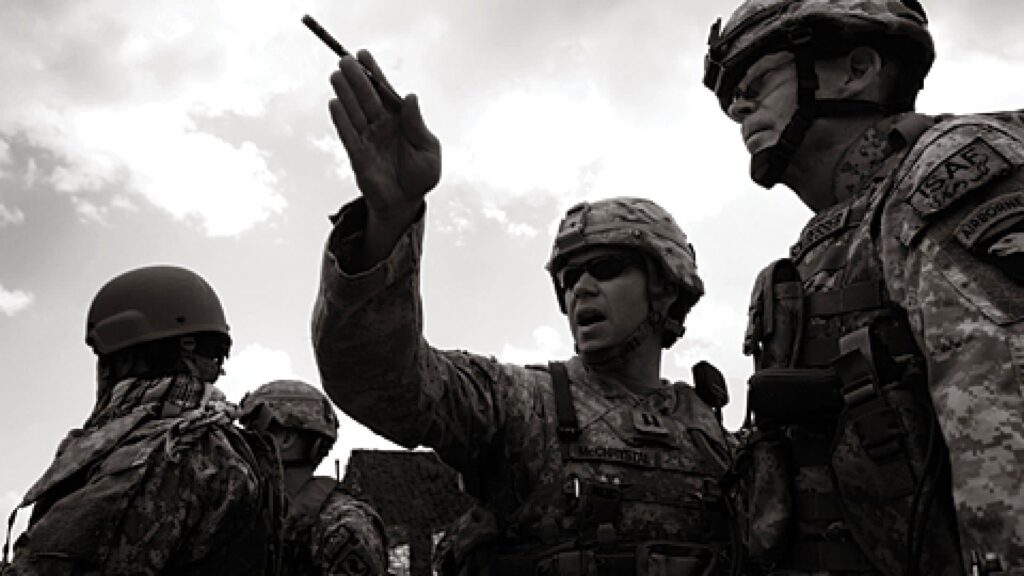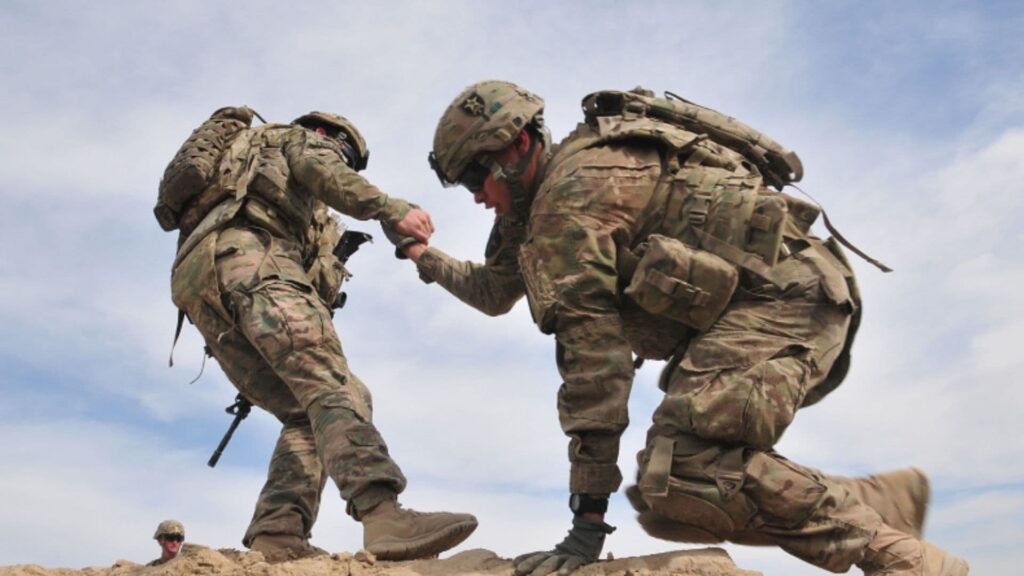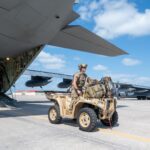Leadership is a heavy responsibility, but it also offers great rewards. It’s not for everyone, though. Leaders communicate a vision and goals, unite others around those goals, and make difficult decisions. They are indispensable to the success of an organization. Many people assume that leadership has something to do with rank. While rank can be an indicator of leadership, it isn’t always necessary.
While it might seem like leadership has something to do with rank, it doesn’t. A leader can be anyone who exhibits specific key characteristics, including integrity and a sense of responsibility. Leadership is a learned behavior, and the military provides its members with unique experiences that can prepare them for success in any career.
For example, the military’s emphasis on servant leadership helps its leaders build trust by demonstrating that they have each servicemember’s best interests in mind, regardless of rank. This creates a motivating environment in which individuals are eager to complete tasks because they feel that their supervisor has their back.
The military also offers its members opportunities to develop and lead in both simple and complex contexts. It’s important for leaders to understand the differences between competencies and attributes, as some traits are better suited for simple and complicated contexts than others. For example, Army leadership doctrine prioritizes the qualities of “military and professional bearing,” “fitness,” “self-discipline,” and “warrior ethos.” These traits fit mechanical systems where there are clear cause-and-effect relationships and problems that are easily solved.
In contrast, complex contexts require adaptable leaders who can quickly change their course of action in response to emerging challenges. In these types of situations, successful military leaders manage the crisis while looking for ways to improve their organization’s effectiveness and efficiency.

What Makes a Strong Military Leader?
A common perception is that military leadership is defined by top-down decision-making. While it’s true that any force needs hierarchies and rules, military leaders must be able to communicate with troops and understand the bigger picture, empowering officers to seek action in line with the intention behind an order rather than simply following orders.
In addition, they need to be able to inspire others. A commander’s ability to communicate with clarity and empathy significantly impacts the success of an operation or a project. As such, they must be able to present a clear purpose that instills a sense of agency and higher investment in the team.
It’s also important for military veterans to be able to align their own behavior with the purpose they’re communicating. For example, an exquisitely articulated purpose means nothing if subordinates catch a glimpse of the leader compromising their values or betraying their teammates. Such misalignment can quickly destroy a team’s motivation and credibility. Military leaders are also able to develop and maintain situational awareness by sitting at the center of information-gathering networks fed by subordinates, human and technical intelligence, and allies. They must be able to analyze the intelligence, determine what it means for their mission, and decide on a direction.

How the Army Develops Strong Military Leaders?
Over two and a half centuries, military leadership practices evolved to optimize for the principal problem faced by tactical commanders: controlling their land forces on confined, two-dimensional battlefields. As battlefields grow in scope and the lethality of weapons grows exponentially, it will be critical that Army leaders learn to embrace emergent strategy.
The first step toward achieving that goal will be changing the way the military defines leadership and managers. It’s time to move away from the notion that a leader is someone who gets followers to do things through rank and authority. In fact, the best leaders in the world are those who inspire their followers through their actions.
Inspiring and effectively leading subordinates through a military mission with life-or-death implications requires an elite set of skills and personal characteristics. While many individuals develop these qualities through advanced programs like the online Master of Science in Leadership from Norwich University, others must seek out these traits and experiences on their own.
One of the most effective ways to do this is by re-examining how military leaders are trained and promoted. In particular, we need to change our promotion systems to reward officers who demonstrate adaptability in the face of evolving warfare. This will require a new mindset and a more expansive leadership training and education approach.
